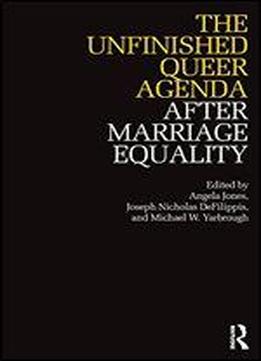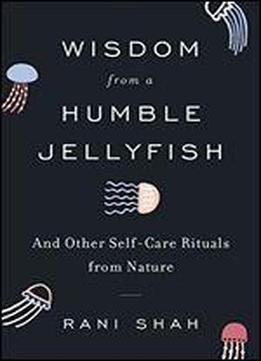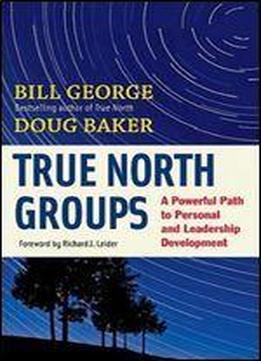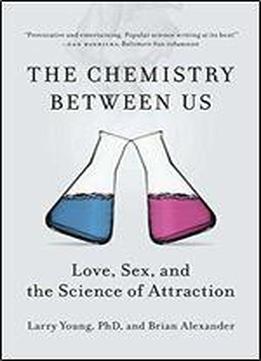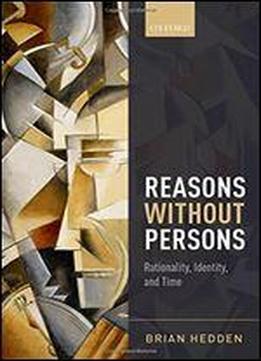
Reasons Without Persons: Rationality, Identity, And Time
Tags:
Brian Hedden
Brian Hedden defends a radical view about the relationship between rationality, personal identity, and time. On the standard view, personal identity over time plays a central role in thinking about rationality, because there are rational norms for how a person's attitudes and actions at one time should fit with her attitudes and actions at other times. But these norms are problematic. They make what you rationally ought to believe or do depend on facts about yourpast that aren't part of your current perspective on the world, and they make rationality depend on controversial, murky metaphysical facts about what binds different instantaneous snapshots (or'time-slices') into a single person extended in time. Hedden takes a different approach, treating the relationship between different time-slices of the same person as no different from the relationship between different people. On his account, the locus of rationality is the time-slice rather than the temporally extended agent. This impersonal, time-slice-centric approach to rationality yields a unified approach to the rationality of beliefs, preferences, and actions where what rationalitydemands of you is solely determined by your evidence, with no special weight given to your past beliefs or actions.



